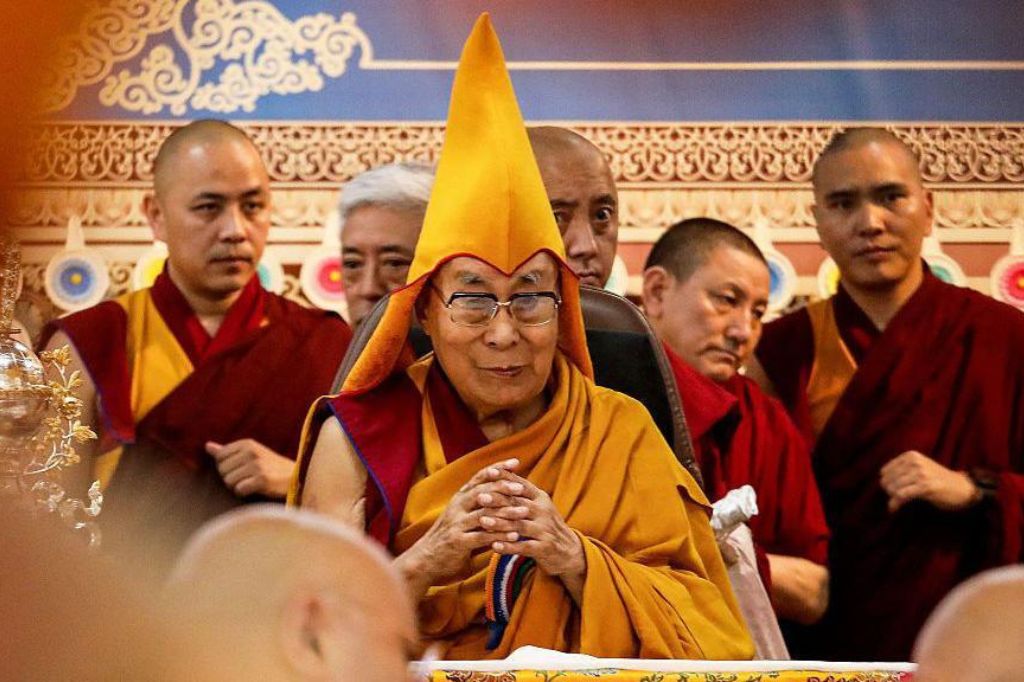A day after the 14th Dalai Lama outlined his succession plan, the Indian government on Thursday, July 3, affirmed that the decision regarding the next Tibetan spiritual leader would rest solely with the Dalai Lama and the established religious conventions—a stance seen as a clear rebuttal to China’s claims over the process.
Speaking to reporters in New Delhi, Union Minister Kiren Rijiju emphasised that the Dalai Lama is the “most important and defining institution” for Buddhists, and only he, along with traditional religious practices, can determine his reincarnation. “No one else has the right to decide,” Rijiju said, reinforcing India’s support for the spiritual leader’s autonomy.
The Dalai Lama, a Nobel Peace Prize laureate, had stated on Wednesday that the Gaden Phodrang Trust would be the sole authority to recognise his successor, affirming that the institution of the Dalai Lama would continue based on popular will and religious tradition. His remarks came amid China’s assertion that it must approve any future incarnation, a claim India has now tacitly dismissed.







